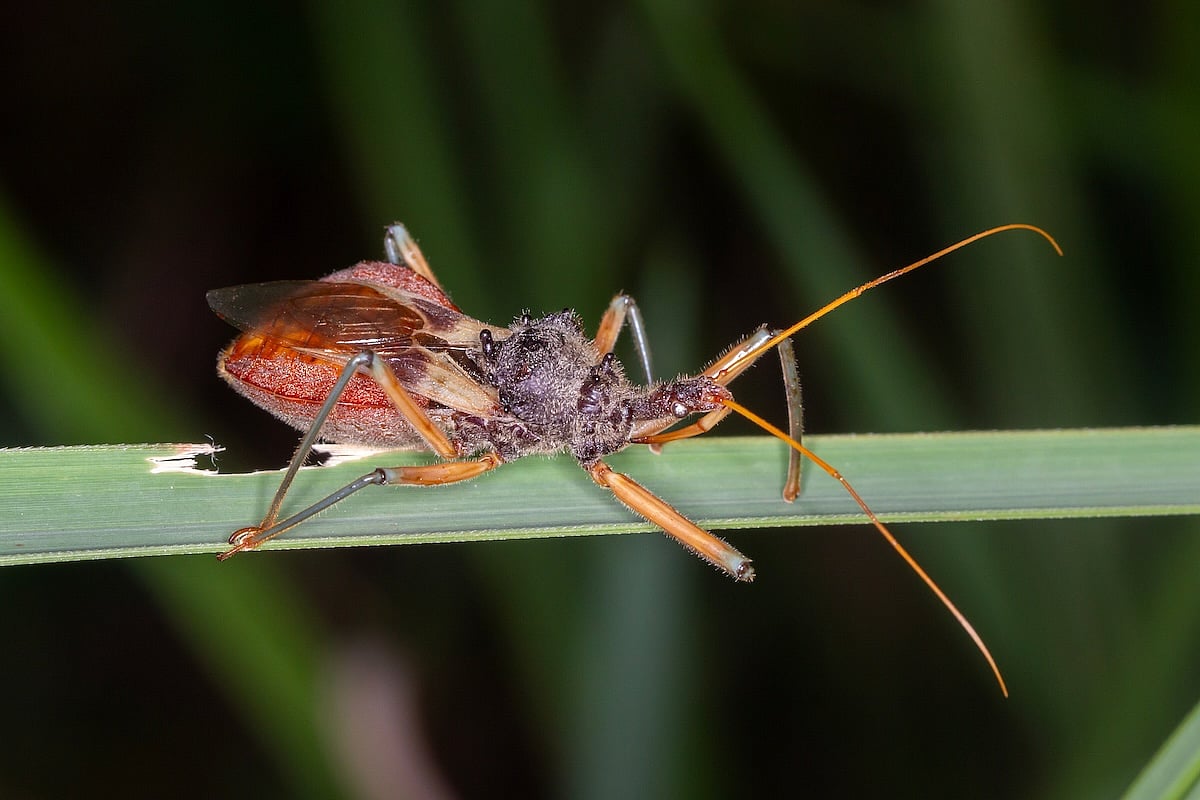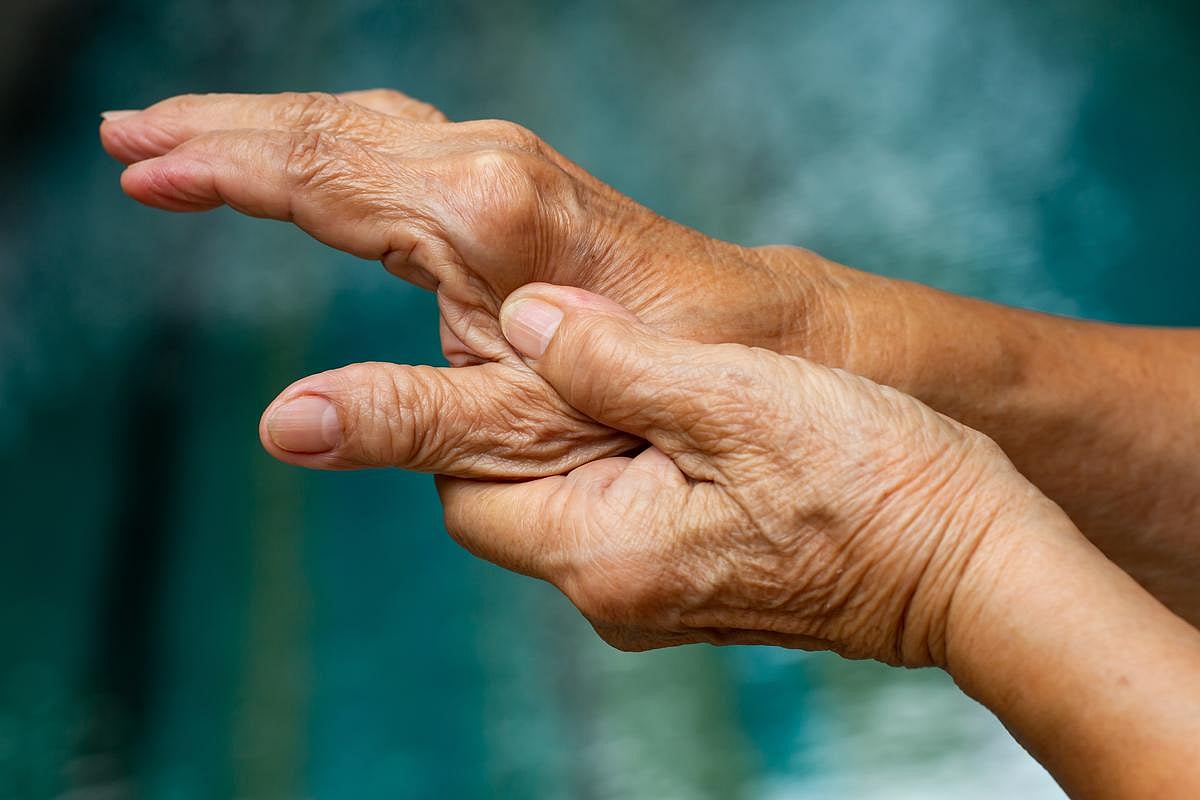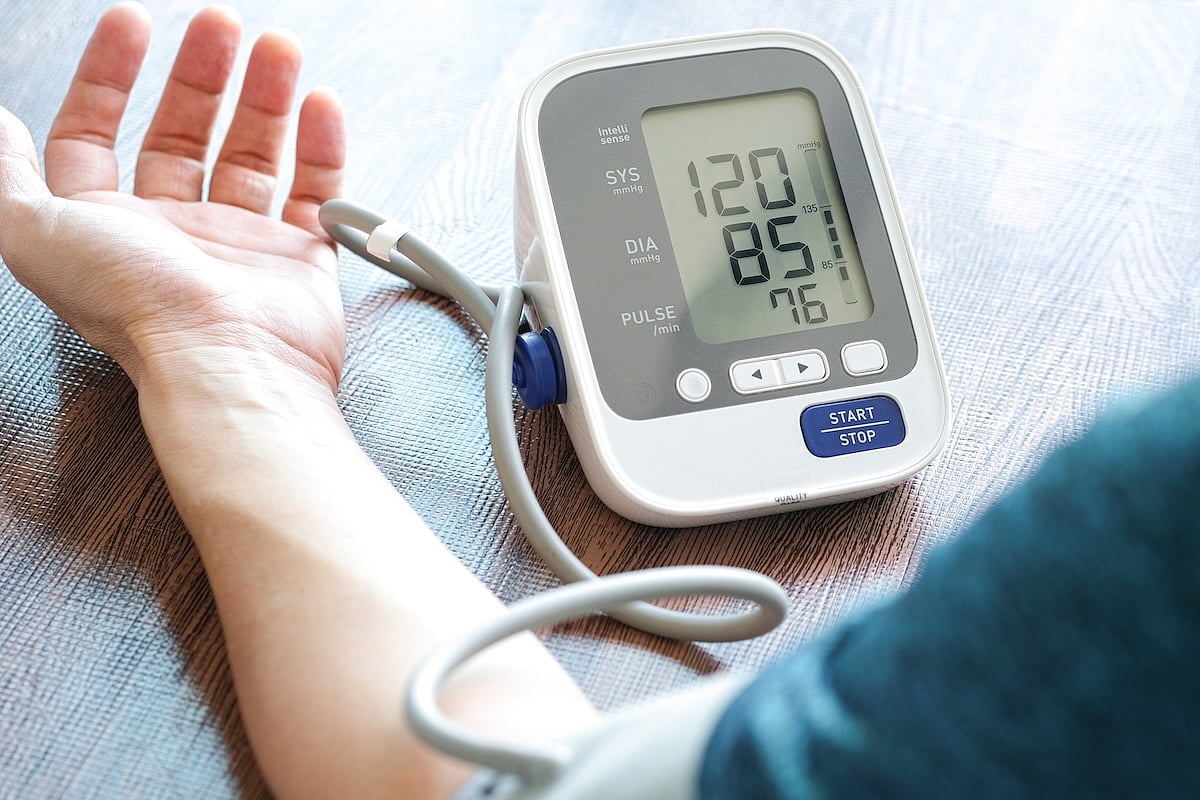
Kids are more likely to become couch potatoes — or enthusiastically active — based on what they see their parents doing day-to-day, a new study says. The example set by moms and dads appears to contribute to sedentary or active behavior in their children, researchers report in the journal Sports Medicine and Health Science. “Parents’… read on > read on >






























